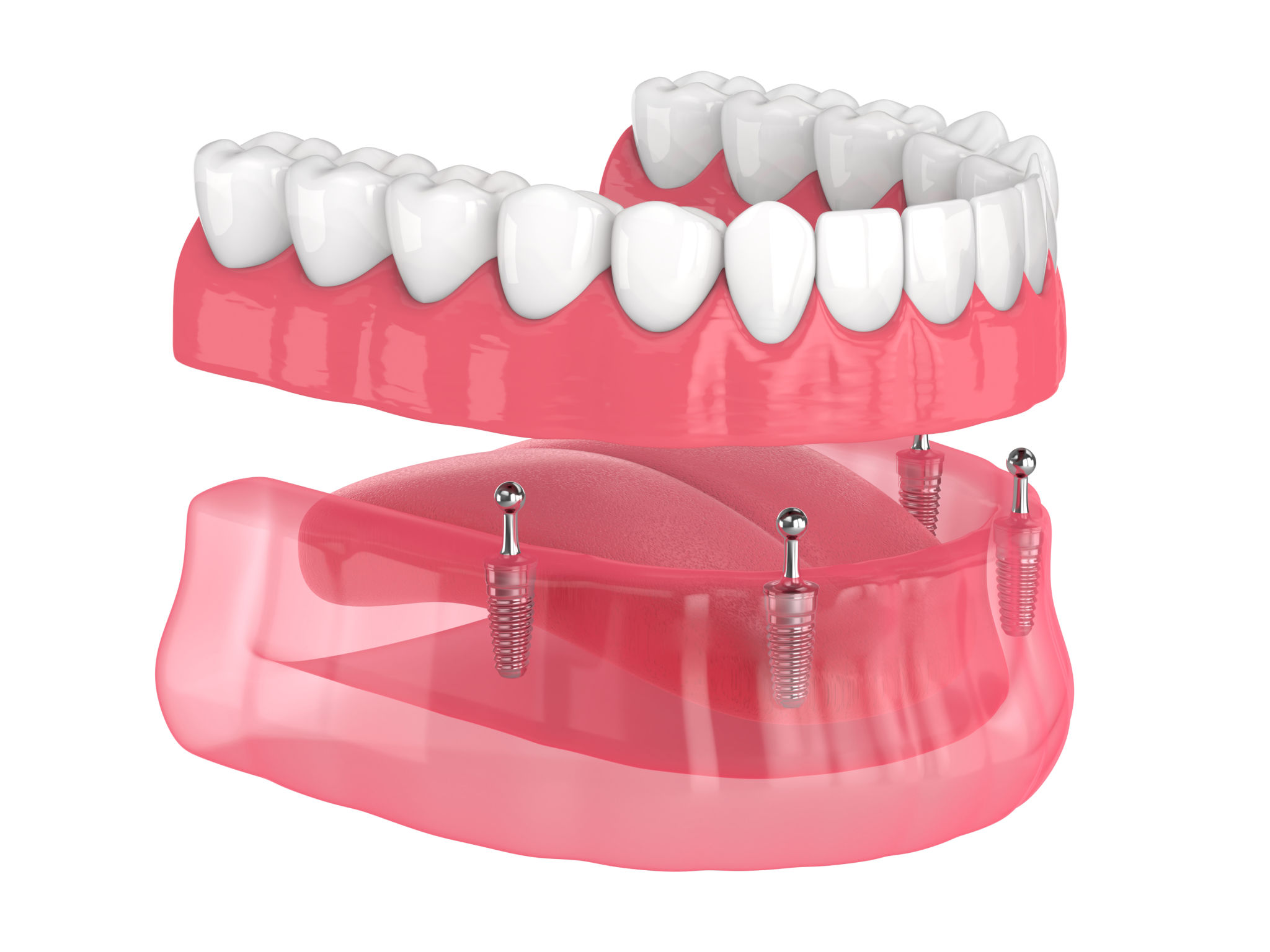Why Choose Dental Implants? Comparing Options for Tooth Replacement
Understanding Tooth Replacement Options
When it comes to replacing missing teeth, there are several options available, each with its own set of advantages and disadvantages. Making an informed decision is crucial for both your oral health and overall well-being. Among the most popular choices are dental implants, dentures, and bridges. But why choose dental implants over the others?
The Basics of Dental Implants
Dental implants are artificial tooth roots made of titanium that are surgically placed into the jawbone. They serve as a strong foundation for fixed or removable replacement teeth designed to match your natural teeth. The process includes a few steps: initial consultation, implant placement, osseointegration (where the implant fuses with the bone), and finally, the attachment of the crown.

The Benefits of Choosing Dental Implants
There are numerous reasons why dental implants are often considered the superior choice for tooth replacement:
- Permanence: Unlike dentures, dental implants are designed to be a long-term solution, potentially lasting a lifetime with proper care.
- Natural Look and Feel: Implants mimic the appearance and function of natural teeth, providing a seamless look and feel.
- Preservation of Jawbone: Implants stimulate the jawbone, preventing bone loss that often occurs with missing teeth.
Comparing Dental Implants with Other Options
Let's take a closer look at how dental implants compare with other tooth replacement options:
- Dentures: While dentures are less invasive and more affordable initially, they can be uncomfortable and require regular adjustments. They may also slip while eating or speaking.
- Bridges: Dental bridges involve altering adjacent teeth for support, which can compromise their health. While effective, they don't prevent bone loss in the same way implants do.

Cost Considerations
The cost of dental implants can be higher than other options. However, when considering their durability and the reduced need for future repairs or replacements, many find them a cost-effective solution in the long run. Additionally, some dental insurance plans offer partial coverage for implants, reducing out-of-pocket expenses.
The Procedure: What to Expect
The dental implant procedure is generally straightforward, but it requires patience. After an initial consultation, the implant is surgically placed in the jawbone. This is followed by a healing period where osseointegration occurs. Once healed, an abutment is attached to the implant, followed by a custom-made crown.

Maintaining Your Dental Implants
One of the appealing aspects of dental implants is their ease of maintenance. Simply brush and floss as you would with natural teeth. Regular dental check-ups are also essential to ensure the longevity of your implants and overall oral health.
Are Dental Implants Right for You?
Dental implants are not suitable for everyone. A healthy jawbone and gums are necessary for successful implantation. A consultation with your dentist can help determine whether you're a good candidate for this procedure.
In conclusion, while dental implants may require a higher initial investment and involve a longer process than other options, their benefits in terms of aesthetics, functionality, and longevity make them a worthwhile consideration for many seeking tooth replacement solutions.